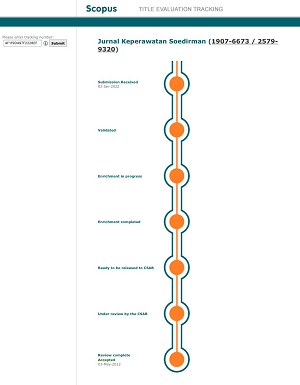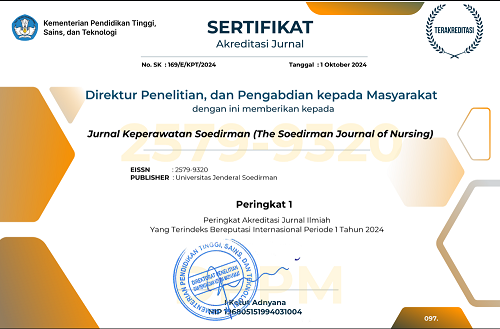The Gender Role Stereotypes, Patriarchal Beliefs, and Spirituality As Predictors of Male Nursing Students’ Major Satisfaction: A Cross-Sectional Study
Abstract
Evaluating a male nursing student's satisfaction with their educational major is an effective preventive measure to prevent them from dropping out or transferring to another major. However, there is limited research that focuses on identifying major satisfaction risks among male nursing students. This study aims to investigate the major satisfaction of male nursing students, specifically focusing on gender role stereotypes, patriarchal beliefs, and spirituality. A cross-sectional study was conducted with male nursing students (n = 113). The researchers used the Gender Role Stereotypes Inventory, the Patriarchal Belief Scale, the Brief RCOPE, and the Academic Major Satisfaction Scale. The adjusted coefficients beta (coef. β) and 95% confidence interval (CI) were estimated using multiple linear regression, Pearson correlation and independent t-test were performed. This study demonstrated that gender role stereotypes (β = -0.05; -0.08 to -0.02), patriarchal beliefs (β = -0.05; -0.08 to -0.01), and spirituality (β = 0.11; 0.06 to 0.15) significantly correlated with major satisfaction. Spirituality was found to increase major satisfaction. Meanwhile, gender role stereotypes and patriarchal beliefs reduced the participants’ major satisfaction. Future interventions should incorporate strategies to modify detrimental gender norms and patriarchal beliefs and enhance the spiritual resources of male nursing students to improve major satisfaction.






.png)




_3.png)

 Kampus keperawatan unsoed
Kampus keperawatan unsoed  Published By Jurusan Keperawatan FIKES UNSOED
Published By Jurusan Keperawatan FIKES UNSOED jks@unsoed.ac.id
jks@unsoed.ac.id

